If you are familiar with prune snacks, you would definitely like making your own with this awesome Prune Mui recipe. This dish will serve you well if you are a fan of Chinese-rooted snacks.
Although this dish is a variation of the traditional ones, this is a Hawaiian variation with Chinese-rooted ingredients. You can easily follow the step and make the snack in a short span.
Though the recipe calls for a longer marinating time, you can let it adjust to your liking and enjoy the snacks sooner.
Table of Contents
How to Make Prune Mui?
There are traditional Chinese-rooted prune snacks that are quite popular among Asian-American immigrants and first-generation descendants. This particular dish is somehow a Hawaiian delicacy snack now.
And it is growing even more popular among the young adult generation. These are easy to make and the dish practically “cooks” itself.
The main process is the marinating. The ingredients in the dish do that automatically. The added whiskey adds a bit of tang to the dish. You can also opt to not use the whiskey if you are making this for non-adult foodies too. The alcoholic element is not for them. But if you are an adult, you can try adding the whiskey.
Recipe for Prune Mui
The actual recipe is very easy to follow and the ingredients can be gathered from any big supermarket. They are widely available. This is one of the easier dishes that you can make.
Furthermore, it’s a snack dish. That is why it is even easier for you to accomplish in a short time span. The rest is done by itself.
SO, without further ado, here is the recipe for making the prune mui delicacy snack.
Ingredients that You Will Need Are:
Two Juiced Lemons
One-Fourth of a Cup of Brown Sugar
One Teaspoon of Dried Red Li Hing Mui Powder
Half a Teaspoon of Chinese 5 Spices
One Cup of Dried Prunes
Half a Cup of Dried Apricots
Five Star Anise Cloves
Three Tablespoons of Whiskey
Method of Preparing the Chinese Prune Step by Step:
Step 1: Make a simple syrup using three cups of water, one and a half cups of brown sugar, and one lemon’s juice. (The citric acid in the lemon juice will help preserve your Mui) Bring the water to a boil. Allow the Red Li Hing Mui to soak in boiling liquid for at least 48 hours.
Step 2: Drain the liquid after 48 hours. You may eat the seed raw or put a part of it back into your Prune Mui later. However, be aware that reintroducing the seed may make your combination bitter.
Step 3: In a saucepan, reheat the liquid with another cup of brown sugar. Let the liquid boil. Then, reduce the heat to a simmer and cook for 10-15 minutes. You can add a bit of extra water here if it boils down too much.
Simply keep an eye on it to ensure that you have enough to cover your dried fruit. Pour the sauce over the dried prunes and apricots while it’s still hot. Cover and soak for overnights.
Step 4: Add the dried fruits like nuts of your choice. At this time, you may also add some of the Red Li Hing Mui powder back in. Cover and pour into a clean, dry glass container. You can serve from there and add fruits you want to enjoy this snack with.
Note: A lot of people enjoy having li hing mui recipe-based prune snacks with dried mango or dried cranberries. You can let the preserved prunes marinate for two weeks. The more the better. It lets the ingredients merge together more and provides a delicious taste.
Conclusion
These ingredients used in the recipe are traditionally Chinese but the recipe method follows the Hawaiian technique. The marinating takes a long time. But it is worth the wait.
The more you wait for the snack to get marinated, the more flavorful and delicious the snacks will be. As it is said, all good things take time. But the advantage here is, you will not have to go through a lot of trouble to make this dish.
The only part where you will need to actively make the dish is when you are mixing the ingredients or heating them. The rest of the time, the dish marinated on its own, that is the best part.

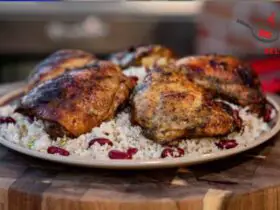
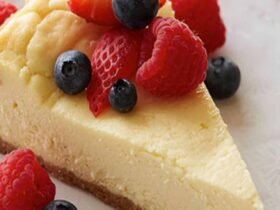

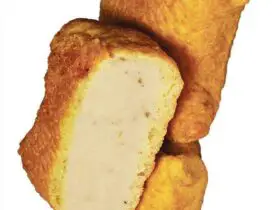
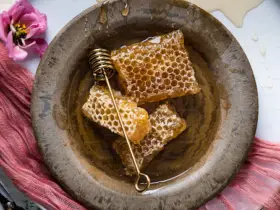
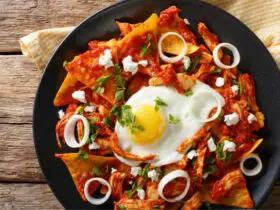
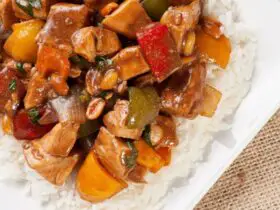
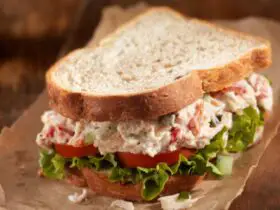
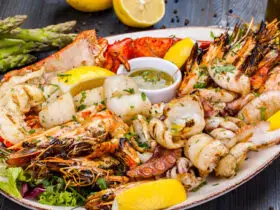
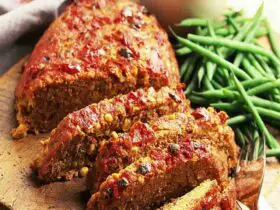
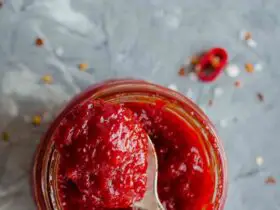
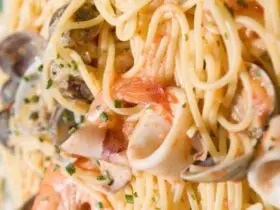
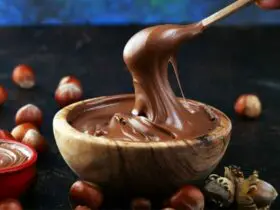
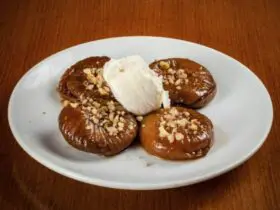
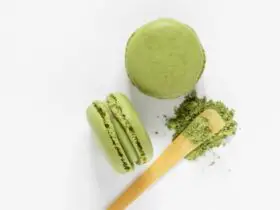
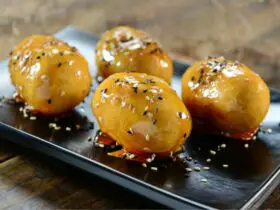
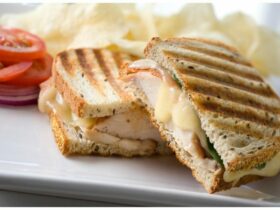
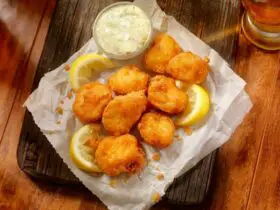
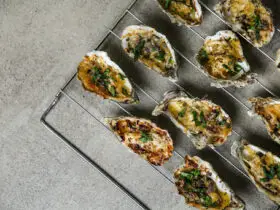
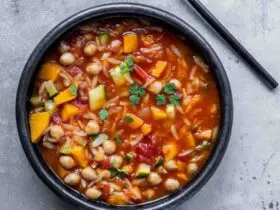
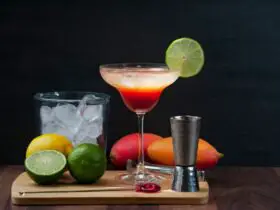
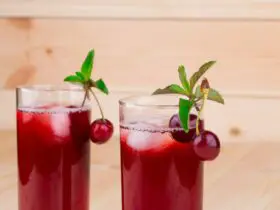
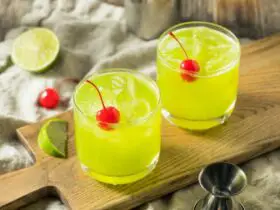

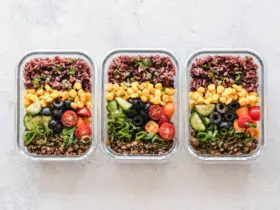
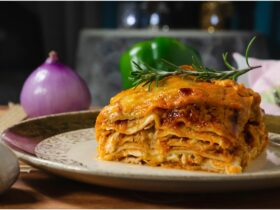
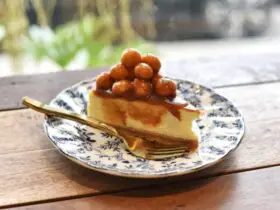
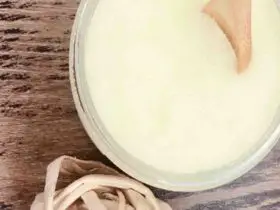
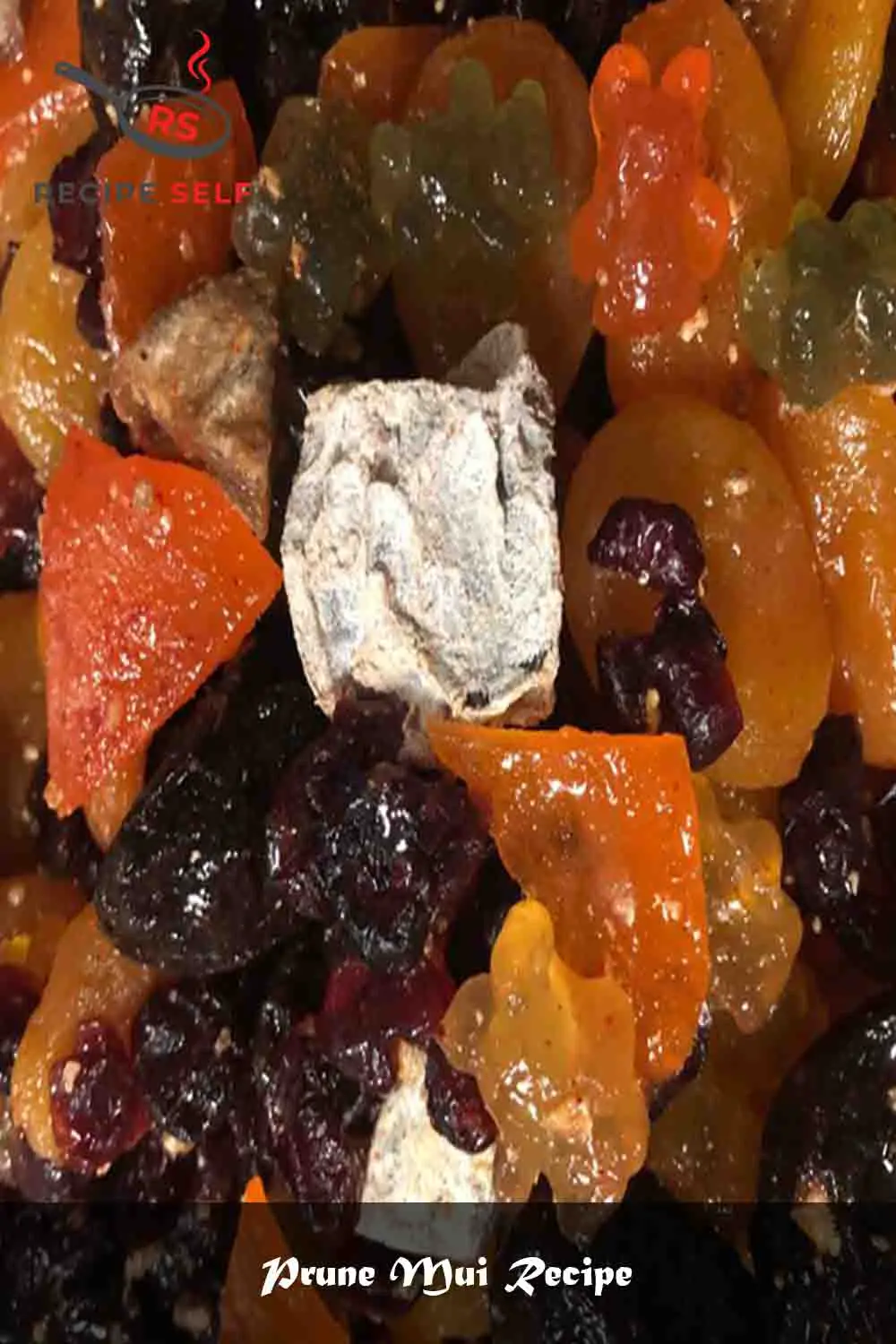
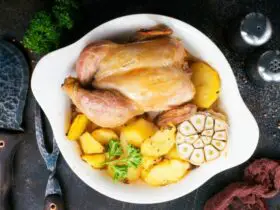
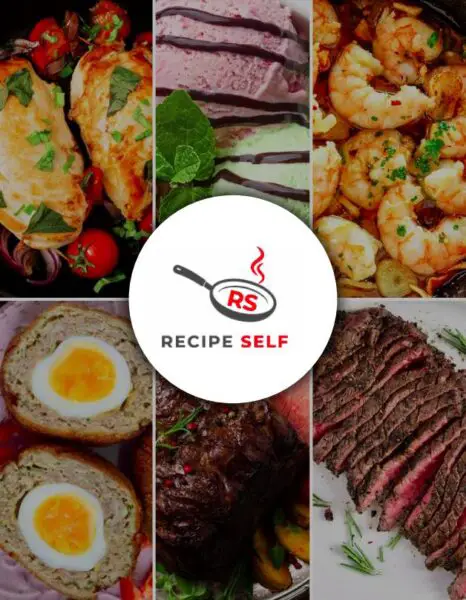
Leave a Reply